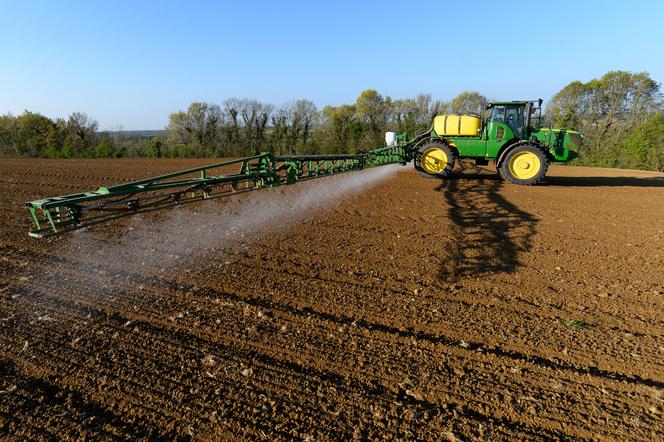


The European Commission proposed on Wednesday, September 20, to renew the authorization of herbicide glyphosate in the European Union for ten years. In 2017, it approved the herbicide, the most famous of which is Monsanto's Roundup, for only five years. The Commission even considered clearing glyphosate longer, aware it could not go beyond 15 years.
"We've carried out two assessments in seven years, with more or less the same results," a senior Commission official told Le Monde. The most recent was based on the European Food Safety Authority (EFSA) conclusions, published in early July. It said it had not identified any areas of critical concern for human health, such as toxicity profiles – carcinogenic, mutagenic, reprotoxic, or endocrine disrupting – likely to prevent the world's most widely used herbicide from being re-authorized.
The scientific controversy is expected to continue: The International Agency for Research on Cancer (IARC) has been classifying glyphosate as a "probable carcinogen" since 2015, and the French National Institute of Health and Medical Research (INSERM) highlighted converging evidence of genotoxicity, carcinogenicity, reprotoxicity and epigenetic effects in June 2021.
"Almost every day, a new study on glyphosate is published," according to a source at the Commission. "Nothing prevents us, in a month, a year, or five years, from reopening the dossier if the scientists' work justifies it."
The non-profit organization Générations Futures, which campaigns against pesticides, was skeptical of the EU's approach, pointing out that "only 0.4% of available academic studies have been deemed 'unrestrictedly reliable' and therefore really taken into account" by European experts. The Commission's conclusions are primarily based on regulatory tests supplied by companies active in the field.
The Commission plans safeguards, such as 5-10 meter "buffer strips" around sprayed areas. It also wants to ban desiccation: Spraying crops before harvest to accelerate maturation.
"By destroying biodiversity, glyphosate endangers our long-term food security. This proposal is irresponsible", said Benoît Biteau, a French Member of the European Parliament with the Greens. "We can't condemn Europe to ten years of glyphosate when there are still so many dangers and uncertainties," said his Socialist colleague Christophe Clergeau.
"EFSA has not assessed the toxicity of glyphosate when combined with the co-formulants with which it is used, which boost its impact," said Pascal Canfin, chairman of the European Parliament's Environment Committee, who considers the Commission's proposal "unacceptable." "It's both a bad decision and a poor political calculation."
You have 59.14% of this article left to read. The rest is for subscribers only.
